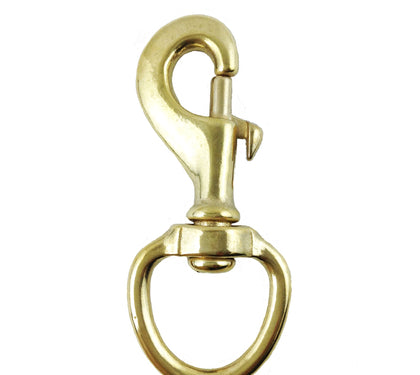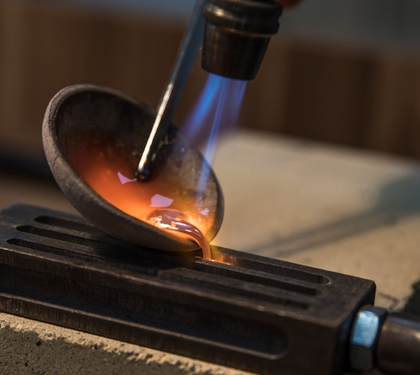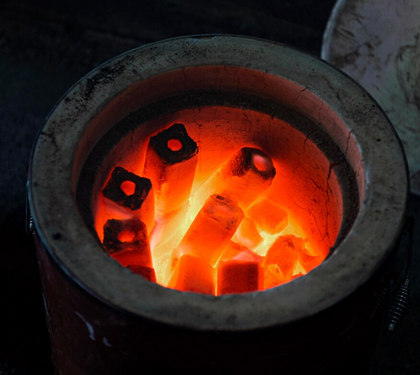When it comes to hardware, the materials chosen can make a world of difference in functionality, durability, and aesthetics. Brass, zinc, and steel are among the most popular choices, each bringing its unique properties to the table. But how do they stack up against each other? Let's embark on a comparative journey to find out.
1. Brass Hardware: Elegance Meets Durability
Brass, an alloy of copper and zinc, boasts a rich golden hue, making it a favorite for decorative hardware. Here's what you need to know:
-
Strength & Durability: While not as hard as steel, brass is considerably durable, resisting wear and tear over time.
-
Corrosion Resistance: Thanks to its copper content, brass is naturally resistant to corrosion, especially when regularly polished.
-
Aesthetics: Its gleaming appearance makes brass ideal for decorative applications like door handles, light fixtures, and ornamental pieces.
-
Cost: Typically, brass hardware is more expensive than zinc but can be more cost-effective than certain steel types.
2. Zinc Hardware: Lightweight and Versatile
Zinc, often alloyed with other metals, is a lightweight and versatile option for hardware.
-
Strength: While zinc is weaker than both brass and steel, it's often alloyed with aluminum or magnesium to improve its strength.
-
Corrosion Resistance: Zinc naturally forms a protective oxide layer, providing it with decent corrosion resistance.
-
Aesthetics: Zinc hardware can be die-cast into intricate shapes and designs, offering more flexibility in terms of design.
-
Cost: Zinc is generally more affordable than brass or steel, making it a popular choice for budget-friendly projects.
3. Steel Hardware: The Benchmark of Strength
Steel, primarily an alloy of iron and carbon, sets the bar high when it comes to strength.
-
Strength & Durability: Steel is renowned for its immense strength and is often the go-to for heavy-duty applications.
-
Corrosion Resistance: While standard steel can rust, stainless steel varieties contain chromium, offering enhanced corrosion resistance.
-
Aesthetics: Steel offers a sleek, modern look. While it may not have the warmth of brass, its contemporary appeal is undeniable.
-
Cost: The price of steel hardware varies depending on the type and quality. Stainless steel, for instance, can be pricier than regular steel.
Comparison at a Glance:
- For Decorative Appeal: Brass leads the way with its luxurious golden sheen.
- For Strength and Heavy-Duty Use: Steel is the undisputed champion.
- For Budget-Friendly Projects: Zinc, given its cost-effectiveness and versatility, is the top pick.
- For Corrosion Resistance: While all three materials offer some level of resistance, stainless steel and brass are more resilient than standard zinc alloys.
Conclusion
Brass, zinc, and steel hardware each have their strong suits. Your choice should hinge on the specific needs of your project. If aesthetics play a pivotal role, the rich hue of brass might be the way to go. For projects demanding unparalleled strength, steel stands tall. Meanwhile, zinc serves as a versatile and economical middle ground.
Understanding the unique attributes of each material ensures you equip your projects with hardware that's not just fitting but truly optimal.


